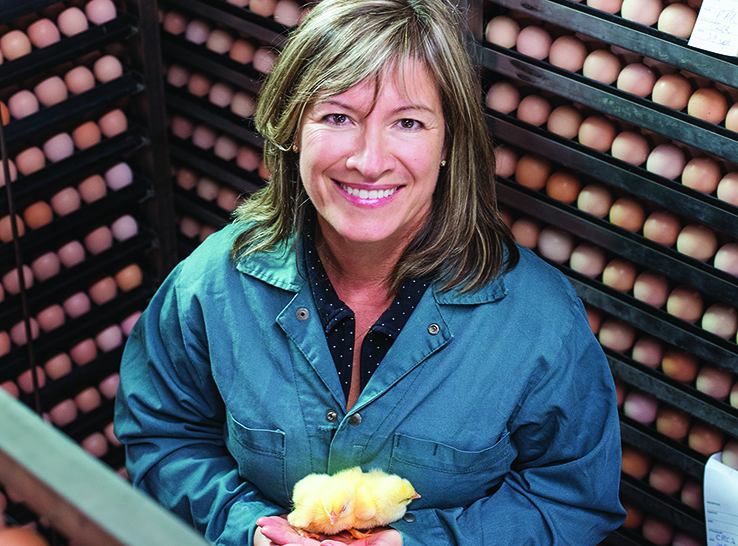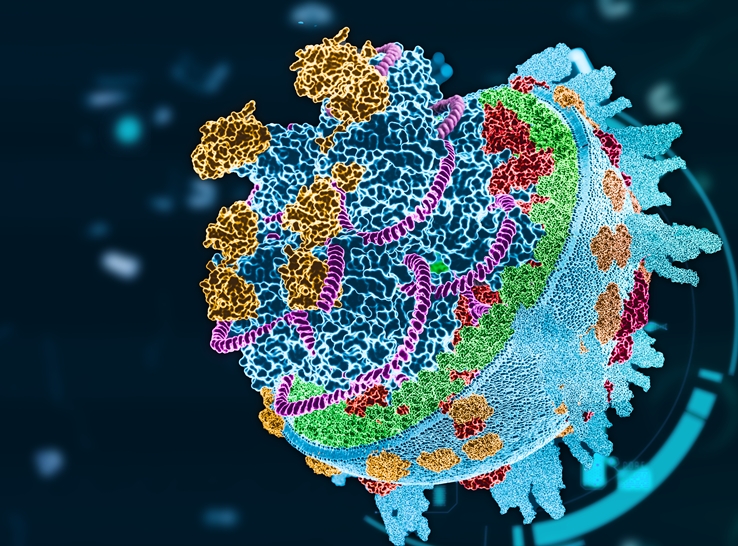Environmental factors appear to have a bigger impact on the microbiome found in the digestive system of commercial broiler chickens than the use of antibiotic feed additives, according to a Canadian study.
Researchers led by Martine Boulianne, DVM, PhD, University of Montreal, recovered the cecal content of 1,002 birds from 84 broiler flocks and sequenced DNA to establish the microbiological composition of the samples.
In the course of the study, the team followed seven farms with two identical barns over six consecutive lots. A flock in one barn was fed with conventional feed; the other was given feed with either an ionophore — an antibiotic used for managing the parasitic disease coccidiosis — or an ionophore plus butyric acid.
Their statistical analysis found that farm, flock cycle, feed provider, type of antibiotic program and chick provider all were significantly associated with the makeup of the microbiomes. However, they observed that farm and flock cycle had a much stronger association than the other three factors.
Environmental effects, but varied picture
The findings underline the importance of environmental factors in determining the microbiological makeup of birds’ digestive systems, Boulianne said.
“Numerous clinical trials will show the effect of antibiotics on microbiota, hence our surprise when we saw mostly a farm and a flock effect to explain the variations observed between the lots at the age of slaughter,” she noted.
The species composition of samples varied considerably between farms, which calls for a holistic approach to modulating the gut microbiome, she suggested. To achieve this, the “what, when and how much” are critical.
This means understanding: 1) when bacterial flora is established and when best it can be modulated, 2) what are the most important species to target and 3) how the main farm and lot effects can be controlled to bring different effects, she said.
Search for solutions
An increased awareness of the importance of gut microbiota is leading companies to further investigate when there are recurring health issues in flocks, and using in-feed solutions to modulate the microbiome to favor “good” bacteria.
“Even though the microbiota does differ from a farm to another one there are common negative bacterial networks that can be identified. The key is still how to effectively intervene to modulate these,” she added.







